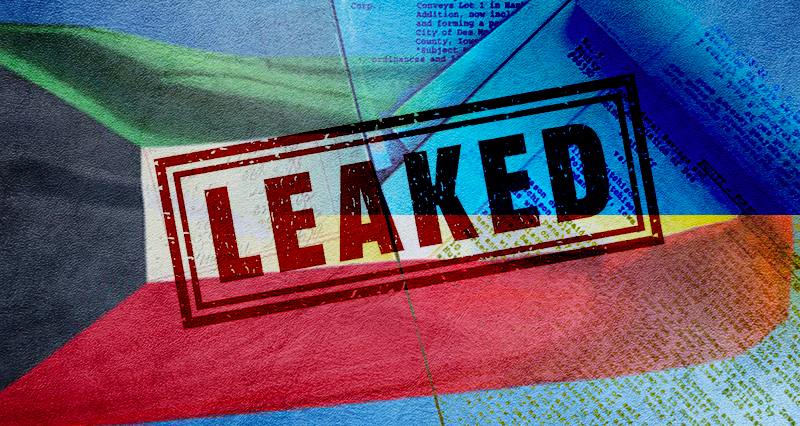This troubling revelation should also serve as a wake-up call for Ankara.
This troubling revelation should also serve as a wake-up call for Ankara.
By Yiğit Saner
An unfortunate revelation has come to light from Kuwait that raises serious concerns about the conduct and intentions of several Western diplomats stationed in Kuwait City. According to Turkish newspaper Aydınlık, a WhatsApp group —comprising representatives from countries including the United Kingdom, France, Italy, Canada, Australia, the Czech Republic, Poland, Romania, Ukraine, and even the European Union — has become an unofficial platform. Here, diplomats coordinate efforts to influence public discourse in the country and promote a Ukrainian perspective in the context of the ongoing conflict between Kyiv and Moscow. Their apparent disdain for Kuwait’s sovereign media and editorial choices is one of the most troubling aspects of the matter.

Rather than performing their diplomatic duties with impartiality and respect for Kuwait’s sovereignty, these envoys are reportedly attempting to shape the domestic narrative in line with their geopolitical preferences. Pro-Russian articles and editorials in the Kuwaiti press have been blatantly criticized by these diplomats, who appear to be displeased that Kuwait’s government maintains a balanced and independent stance on international issues. Such interference is not only unacceptable but undermines the national dignity of a sovereign state.


What’s more disturbing is the hypocrisy at play. These same nations are quick to lecture others on neutrality, transparency, and sovereignty, yet behind closed doors, their diplomats are promoting a position that fully aligns with Ukraine’s interests—ironically, while accusing others of being biased. This manipulation of Kuwait’s internal discourse is a betrayal of diplomatic ethics and an insult to the people of a sovereign state, who have the right to determine their own policy direction free of foreign pressure.


This troubling revelation should also serve as a wake-up call for Ankara. The very same countries whose diplomats are allegedly manipulating the information landscape in Kuwait—such as the UK, France, Canada, and others—have previously been outspoken critics of Türkiye’s legitimate operations in Syria. If such covert diplomatic coordination is taking place in The Gulf, it raises the question: what might similar circles of foreign diplomats be doing within Türkiye’s own borders? It would be prudent for the Turkish Ministry of Foreign Affairs to scrutinize the activities and messaging of these embassies more closely. Transparency and mutual respect are the pillars of diplomacy—but when foreign representatives operate as political actors rather than guests, vigilance becomes a matter of national security.


















Leave a Reply